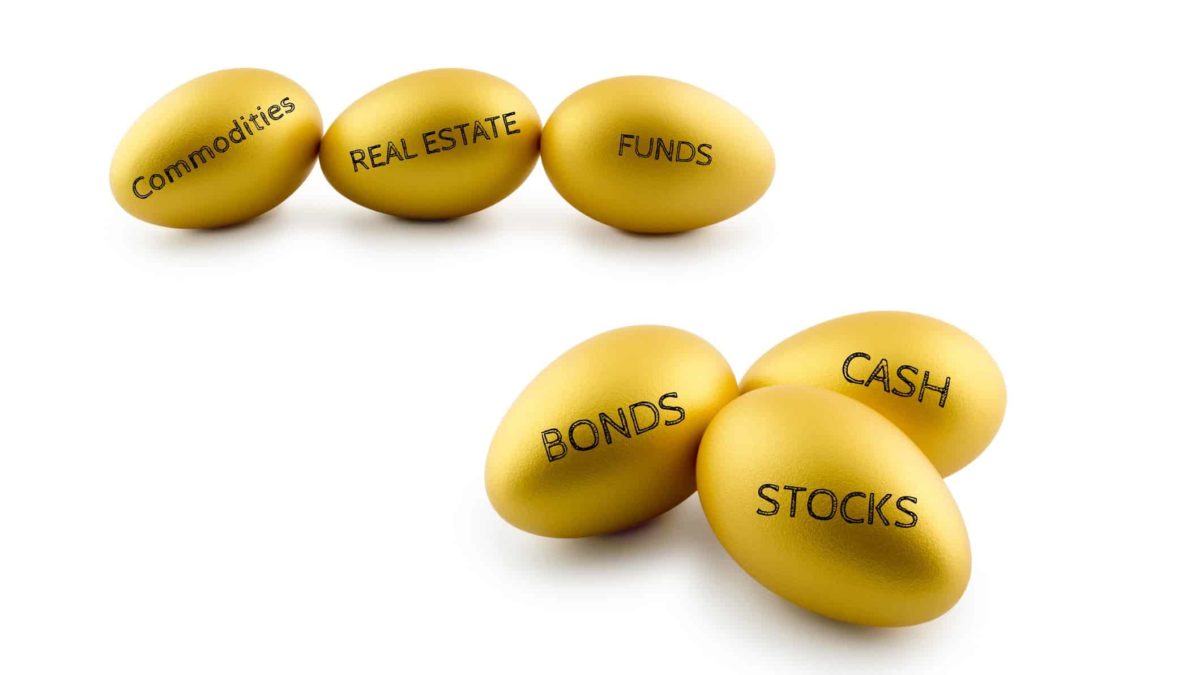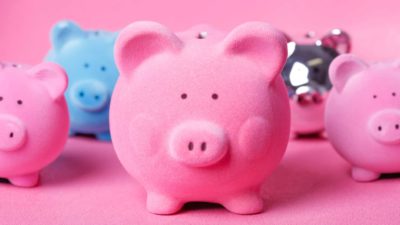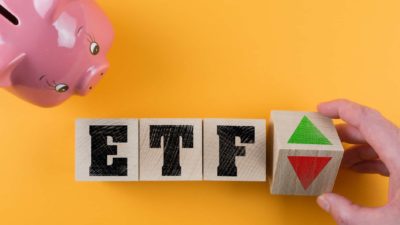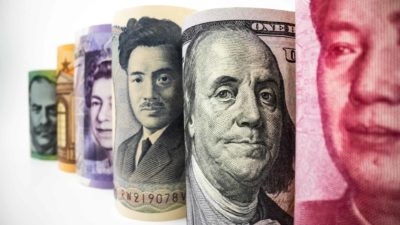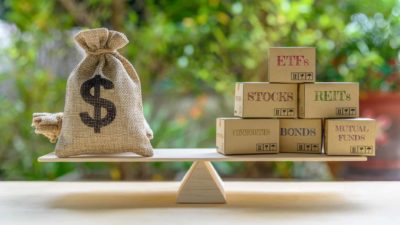Ah, diversification… This has to be one of the most overused words in investing. You'll hear almost every market commentator touting the benefits of diversification (including us Fools). We all know the dangers of being under-diversified, epitomised with that equally-overused phrase 'don't have all your eggs in one basket'. But is it possible to be too diversified?
What is 'diversification'?
Diversification in its essence refers to spreading out your capital among different investments to mitigate risk. It is certainly a theory that has merit. One of the founders of modern portfolio theory (a prominent theory of how markets operate that we Fools often disagree with), Harry Markowitz, famously called diversification "the only free lunch in finance". And to some extent that's true. It is possible to 'diversify' a portfolio in a way that boosts your potential returns without increasing the risk of losing your money.
The idea is that by spreading out your capital, you reduce the chances of a single event, whether that be relating to an individual company or an entire market (e.g. Australia), from decimating your portfolio. Take an investor who has all of their wealth in Sydney property. Well, that investor is highly exposed to a disruption in that one single market. If that investor sold a house or two and invested the profits in ASX shares, their diversification would increase. This is an example of when diversification is probably a wise and prudent thing to do.
But what about a pure portfolio of ASX shares?
Di-worse-ification
Well, I think some investors do get a little carried away with diversification. We Fools like to advocate that all active investors get to a point where they have 15-20 different and uncorrelated ASX shares for diversification purposes. We also think that adding a few international shares is a good idea as well, just in case the entire Australian economy is hit with some kind of black swan event.
But you could take it a lot further. ASX shares are just one asset class of many. There are also government bonds, corporate bonds, precious metals, property, cryptocurrencies and cash to consider. There's also a range of more eccentric investment options too, like collectables, fine wine, art.. .the list goes on.
And in the world of shares, there are also countless options. Every exchange-traded fund (ETF) provider on the market will tell you that buying their ETF is a good idea for diversification. Why stop at ASX and US shares? Why not get exposure to European shares with the iShares Europe ETF (ASX: IEU)? Or Asia with the Vanguard FTSE Asia ex-Japan Shares Index ETF (ASX: VAE)?. Or the 'Far East' with the iShares MSCI EAFE ETF (ASX: IVE)? You get the idea… Going down this path won't lead to a good long-term outcome in my view.
Foolish takeaway
There are literally thousands of ETF combinations you could have in your portfolio, but there does come a point when you're changing the oil in a rental car, so to speak. I don't think you really gain much benefit from holding a portfolio of 20 diversified companies against a portfolio of 1,000 companies, or a collection of ETFs covering every corner of the investing world. If you choose to invest passively, just one market-wide ETF does give you quite a lot of diversification. And if you actively invest, I think you can get as much balance as you need with a portfolio of 15-20 shares (perhaps with some international ones thrown in for good measure). So don't get too carried away with diversification, you might end up diversifying your profits if you do!

